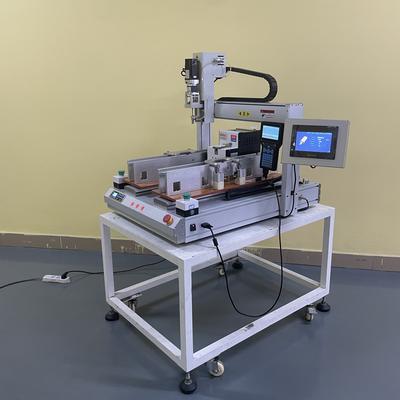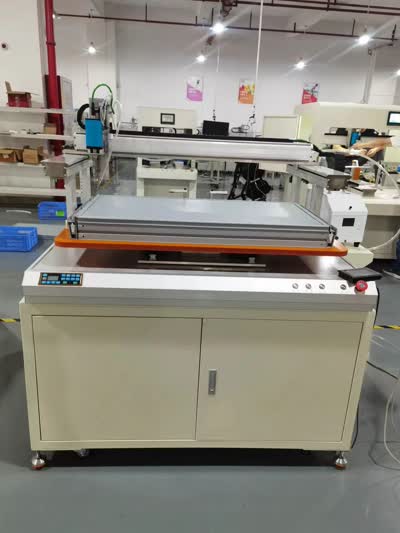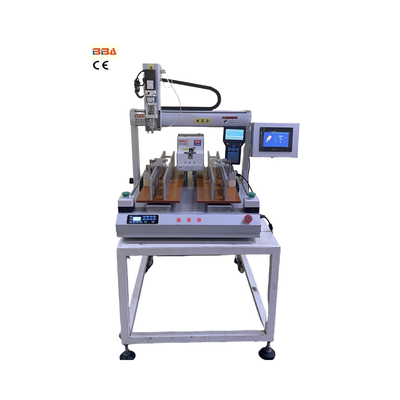Effective Budget Planning for Industrial Automation Investment: A Comprehensive Guide
Budget Planning for Automation Investment: The Key to Future-Ready Manufacturing
As manufacturers face increasing pressure to adopt Industry 4.0 technologies, strategic budget planning becomes critical. This guide outlines essential steps for allocating resources effectively:
1. Assess Current Operations
Conduct a detailed audit of existing processes to identify automation opportunities. Focus on areas with high labor costs, quality inconsistencies, or throughput bottlenecks.
2. Define Clear Objectives
Align automation goals with business KPIs - whether it's 25% production increase or 30% defect reduction. Use SMART frameworks to quantify targets.
3. Cost-Benefit Analysis
Evaluate both direct costs (equipment, software) and indirect expenses (training, maintenance). Typical ROI timelines for automation projects range from 12-36 months.
4. Phased Implementation
Consider modular automation solutions that allow gradual scaling. Many manufacturers achieve 40% faster ROI through pilot programs before full deployment.
Our team specializes in creating customized automation roadmaps that optimize TCO while ensuring compatibility with existing MES/ERP systems.


